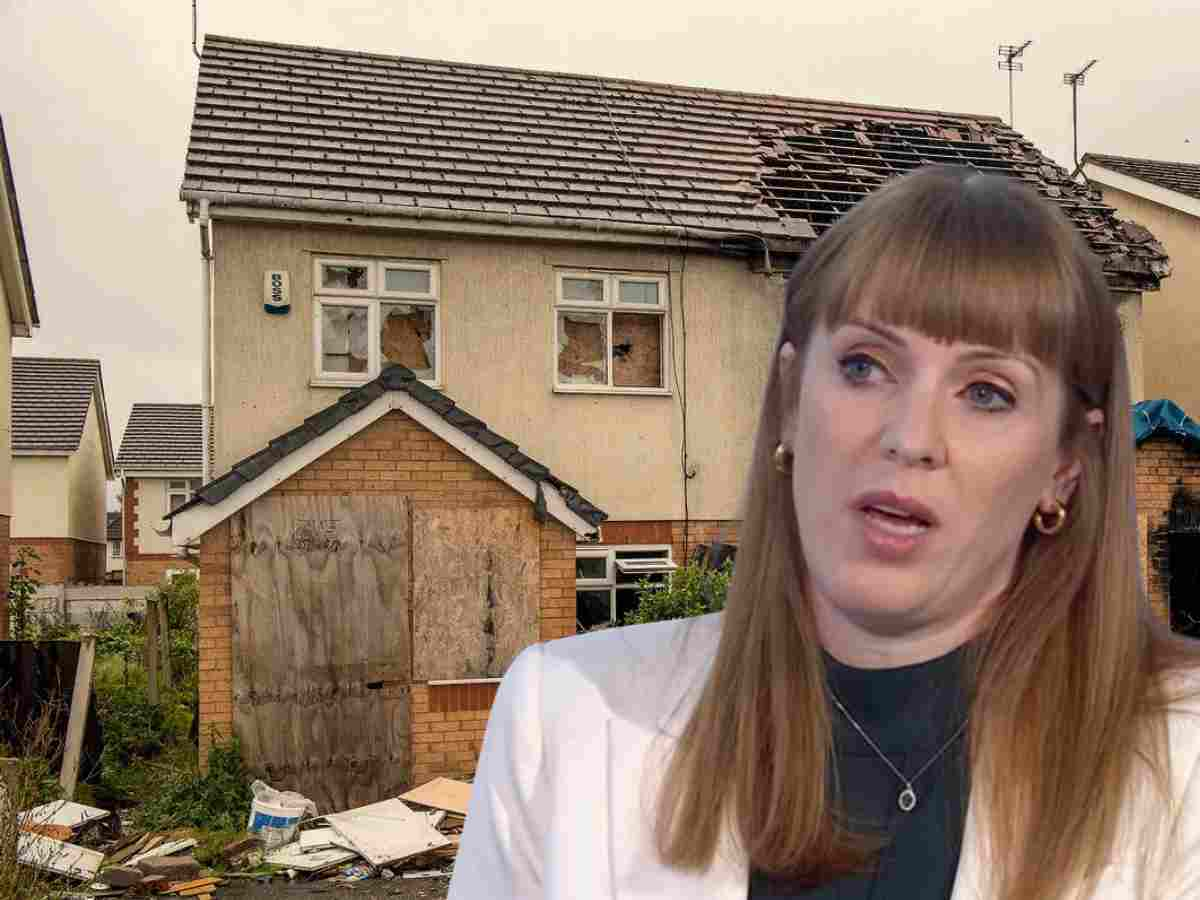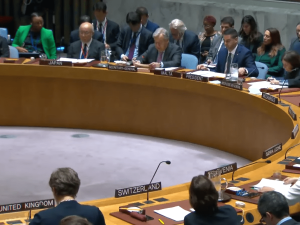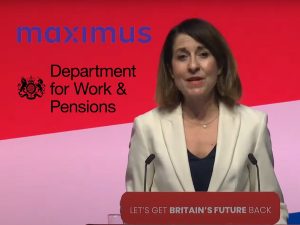A Chartered Institute of Environmental Health (CIEH) expert member has highlighted key concerns about enforcement and licensing to a committee of MPs scrutinising the Labour Party government’s Renters’ Rights Bill – a new piece of housing legislation.
Renters’ Reform Bill: a step in the right direction
The Renters’ Rights bill is currently going through parliament.
Headline reforms include:
- An end to Section 21 ‘no fault’ evictions.
- The Decent Homes Standard being expanded to cover privately rented homes.
- A new Landlord Ombudsman and Private Rented Sector Database that landlords will be required to join.
- An end to discrimination for families with children and people on benefits.
- An end rental bidding wars (where would-be tenants are encouraged to bid against each other over the odds).
However, the Bill falls short on the burning issue of making rented homes more affordable. Some groups have called for in-tenancy rent rises to be capped, and the amount of rent that new tenants can be asked to pay upfront to be limited to one month’s rent.
Crucially, stronger action is still needed on illegal evictions. Local authorities should have a legal duty to act and be properly resourced to do so – as well as being resourced for other areas of the bill such as enforcement of decent homes. However, a CIEH professional has told MPs this still needs more work.
Funding needed for enforcement
Dr Henry Dawson, a member of the CIEH Housing Advisory Panel who is also a Senior Lecturer in Housing and Public Health at Cardiff Metropolitan University, was giving oral evidence to the Renters’ Rights Public Bill Committee.
He highlighted the enforcement burden that the provisions of the Bill relating to the private rented sector database and the ombudsman would impose on local authorities. He suggested that the fees for these schemes could provide funding for this enforcement.
Dr Dawson also highlighted the need to remove unnecessary barriers to the use of licensing schemes to improve housing standards. He suggested this would include enabling local authorities operating selective licensing schemes to use licence conditions to improve housing conditions, increasing the maximum duration of discretionary licensing schemes from five to ten years and removing the requirement for local authorities establishing selective licensing schemes to ensure that the private rented sector forms a high proportion of properties in the area.
He emphasised the importance of staffing for the implementation of the Bill and the need for local authorities to have sustainable and predictable funding for the recruitment, training and retention of new environmental health professionals.
CIEH: better resourcing for local councils is crucial
Mark Elliott, president of the Chartered Institute of Environmental Health, said:
We are delighted that one of our advisory panel members has had the opportunity to highlight to MPs key concerns about this crucial piece of primary legislation.
The Bill is a step in the right direction but needs to be accompanied by better resourcing for local authority housing enforcement teams and the removal of unnecessary barriers to licensing.
We will continue to make the voice of the profession heard on these issues during the passage of the Bill through parliament.
As the Canary previously reported, this comes at a time when the Local Government Association says one in four councils will need emergency funding from central government – or be forced to make more cuts to services. So, whether or not the Labour government will listen to this, as well as the CIEH, remains to be seen.
Featured image via the Canary




